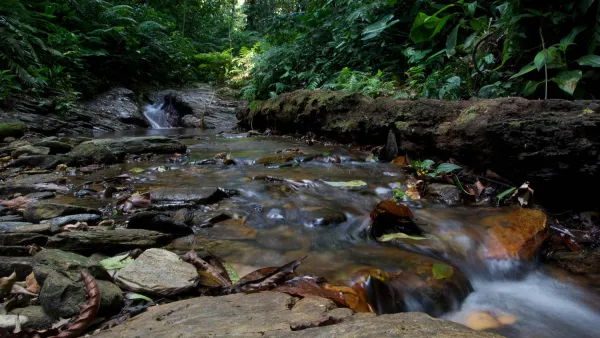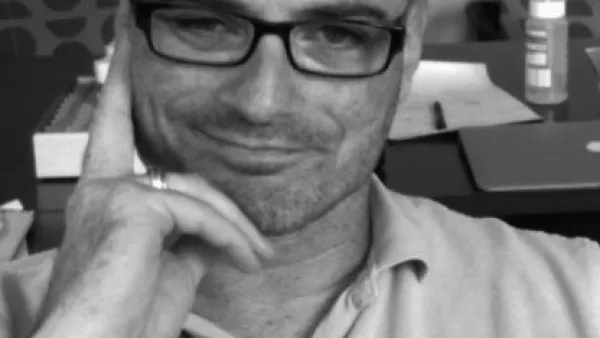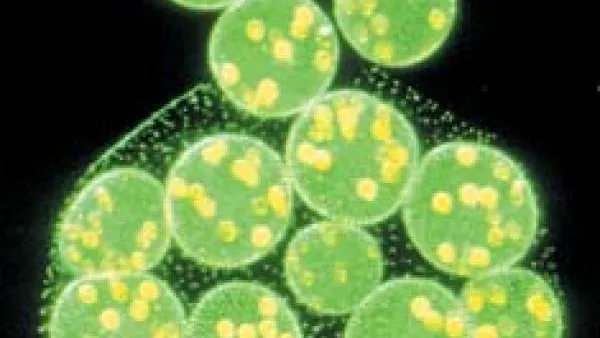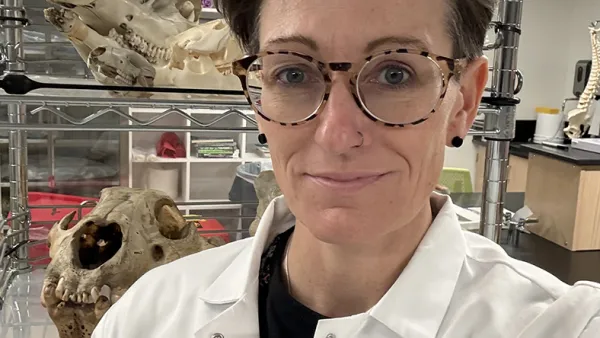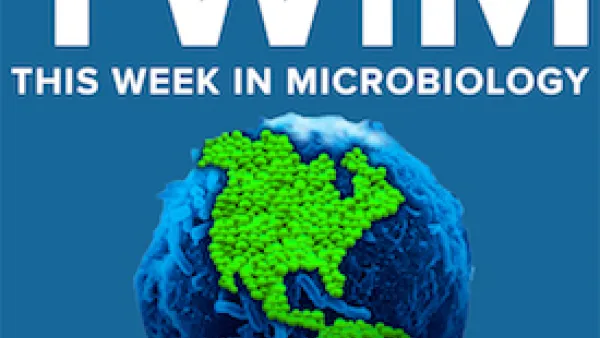Field ecologist and Assistant Professor of Biology Swanne Gordon explains how her summer research and mentorship plans evolved amidst the pandemic.
Mitigation, adaptation, and evolution are three ideas that permeate the courses taught by Swanne Gordon, Assistant Professor of Biology at Washington University in St. Louis. These concepts also very accurately describe her world this summer as a researcher whose plans were disrupted by a global pandemic. As COVID-19 began to proliferate across the world, Dr. Gordon was tasked with a difficult decision about her summer at Washington University’s Tyson Research Center. She was planning to be a mentor in the Tyson Research Summer Fellowship program, which serves as a learning space for ecological and environmental science, usually rooted in field research. However, due to the pandemic, principal investigators had to decide to either continue remotely or postpone their research for summer 2020. Dr. Gordon knew her choice could have lasting effects on her research.
The initial goals for Dr. Gordon’s Tyson 2020 summer plans were two-fold: 1) to build artificial stream mesocosms and perform research related to the effects of behavior on eco-evolutionary dynamics from an ecosystem perspective; and 2) to begin the first steps towards examining the ecological and socio-economic factors that define local butterfly communities across an urban gradient. The plan to achieve these goals included employing multiple undergraduates and a postdoctoral fellow to assist in the research. But then the summer shifted, and Dr. Gordon decided to instead postpone her Tyson summer experience.

“I felt horrible, because I know that research experience is so vital for anyone who might be interested in pursuing graduate school or other careers related to or in the STEM field. The program at Tyson is absolutely amazing in terms of the resources available to the students, but also in terms of their devotion to student mentorship, development, and their promoting of inclusivity and openness in STEM” said Dr. Gordon. “Not being able to fulfill my commitment to Tyson in the way I originally wanted was a really tough decision, but I knew I could not run a remote program as well as maintain the essential research fish stocks at my lab in the University during the pandemic.”
Dr. Gordon quickly channeled her thoughts and emotions to make a plan to mitigate the effects of the pandemic on the fellows she was hoping to work with. “We had to make the difficult decision to close our Tyson program in terms of bringing new interns on,” said Dr. Gordon. “However, we extended to them an invitation to come back next summer, or if they are interested to join us at WashU during the year, when things open back up.”
This summer Dr. Gordon has been a paradigm for adaptation. Since she could not conduct her proposed research at Tyson, she decided it was the perfect time to better plan and design even more structured and innovative ideas for next summer; building on the initial plans. For instance, whereas before the idea was to build the artificial stream mesocosms quickly and simply, now Dr. Gordon and collaborator Dr. Andrés López-Sepulcre have teamed up with Tyson group leader and WashU Engineering faculty Dr. Jackson Potter. Together they are using this summer to design a state-of-the-art mesocosm system that could expand research opportunities for years to come.
In our conversation, Dr. Gordon began many responses to questions about her summer with phrases like, “I need to put a positive or hopeful spin on that.” Her replies were riddled with the words “better, positive, hope, exciting, and amazing,” to name a few. Her choice of diction speaks to her adaptable mindset in this time. Despite postponing research, Dr. Gordon maintains a very positive outlook on Tyson, summer 2020, and her future research plans in general.
“Now, the exciting thing is that we get the whole summer to really design these mesocosms well, and it's going to be a great resource to add even more value to the infrastructural strength of Tyson as a research station,” said Dr. Gordon. “Even more importantly where my lab is concerned, it might lead to really fruitful collaborations in the following years. We wouldn't have been able to do this if we’d had to jump in and get everything done at the same time this summer.”
The pandemic forced Dr. Gordon’s plans for research and lab work to evolve. Her approach transitioned from working with a team of undergraduate students and staff to working with only one main laboratory technician in her lab. At the beginning of the pandemic, Dr. Gordon’s research team was gathering fish for her upcoming projects in Trinidad, while she remained in St. Louis (blocked from international travel by Covid). Her team had to cut the collection short, and return home, and then they were tasked with the difficult duty of maintaining the new wild (as well as old lab) populations of fish during a pandemic when all research interns that helped care for the fish facility were unfortunately released from the lab.
Dr. Gordon’s case study illustrates that daily life consists of mitigation, adaptation, and evolution. Science and its teachings are not static, they are forever dynamic – a concept that Dr. Gordon understands completely having navigated this summer’s challenges not only in the field, but also in her life. She further explains “The types of adjustments I have had to do this summer in terms of my research do not even come close to the types of adjustments I have had to make as a black female scientist in STEM, especially in this current moment of racial, health, and societal injustice. It is my hope that as more academics are forced to adjust their plans in these unprecedented times, they will finally recognize and value that academia and research can no longer remain in a bubble, but instead must exist as part of the real world, in order to progress, change, grow, and become more inclusive.”

Abril Hunter spent the summer working as an undergraduate fellow on the Tyson Research Center Science Communications team, led by Suzanne Loui, lecturer in Environmental Studies. Abril is a sophomore Presidential Scholar in the Honors Program at Florida State University majoring in environmental science and policy and minoring in urban and regional planning. She is passionate about meshing environmental policy and urban planning to evaluate living disparities in minority communities. She holds executive board positions in Alliance for Black Women and Power of WE and is a member of the Phi Eta Sigma Honors Society and Black Student Union, all on FSU’s campus.
